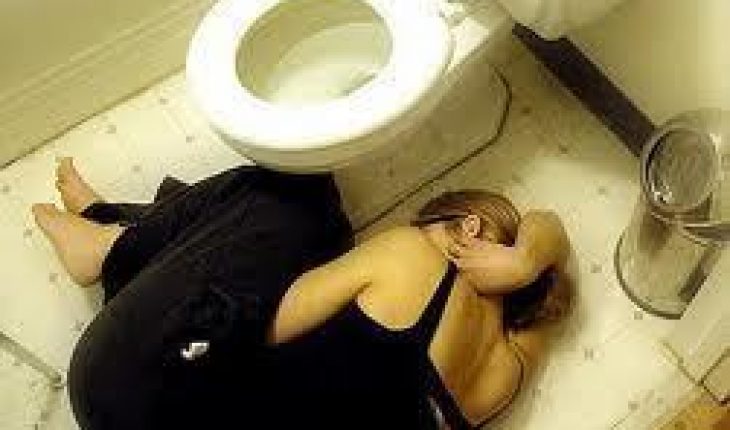A mucus in stool diagnosis will normally be skewed towards ailments such as irritable bowel syndrome (IBS), ulcerative colitis and to a lesser extent Chron’s disease.
Causes of Mucus in the Stool
It is normal for stool to have a small amount of mucus. Passing stool with obviously excessive amounts of mucus however, may be triggered by several conditions. Mucus in stool diagnosis may point to any of the ailments listed above. It may also lead to the discovery of a bacterial infection, an anal fissure, or a bowel obstruction.
The large intestines produce the clear, white, or yellow substance with the consistency of jelly known as mucus. Other organs of the body such as the lungs also produce mucus which helps to arrest any foreign particles that may be introduced to the body through inhalation.
The role of mucus in the intestine, is to protect the inner lining of the organ and to help facilitate the easy passage of stool.
Ulcerative Colitis and Irritable Bowel Syndrome
Ulcerative colitis is a condition affecting the intestine in which there is an inflammation of the mucus membrane of the organ. This leads to the development of ulcers which then bleed, and produce mucus. This mucus may become visible when excreted in stool.
IBS is a condition that triggers an increase in the level of the intestine’s mucus production rate. This mucus is then passed in the stool. The strain of IBS that is accompanied by diarrhea tends to be the one that leads to mucus in the stool.
Chron’s disease is less likely to trigger mucus in the stool. The development of an anal fissure however is likely to trigger mucus in stool.
Bacterial Infections
Shigella, Salmonella, Campylobacter, and Yersinia, are some of the bacterial infections, which may also cause mucus in the stool. Diarrhea, abdominal cramps, and fever may be caused by a bacterial infection, and as such these symptoms can help in the diagnosis of the condition. Sometimes a bacterial infection will subside on its own without medical intervention, however at times they can be serious, and require urgent medical attention often with antibiotics being applied as treatment.
Bowel Obstruction
Constipation, severe cramps, abdominal distention, and vomiting, as well as the passage of mucus, are symptoms that are associated with a bowel obstruction. A variety of factors can trigger a bowel obstruction. This condition is normally treated at a hospital and in some cases surgery may be required.
Additional Information
One does not necessarily need to be alarmed at the passing of mucus in the stool associated with IBS, or ulcerative Colitis. A physician should nonetheless be consulted in this situation. Urgent medical care should be sought to address mucus in stool that doesn’t seem to have an underlying cause.
In essence therefore, a mucus in stool diagnosis will demand medical enquiry in terms of tests and physical examination as well as symptom checks that will be geared toward detecting whether any of the conditions explored above is the cause of the mucus being present in stool.





